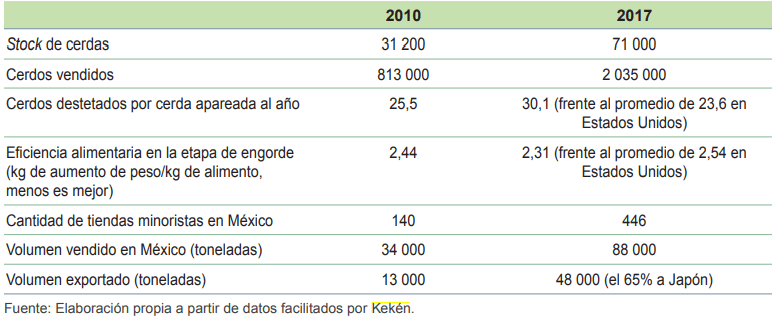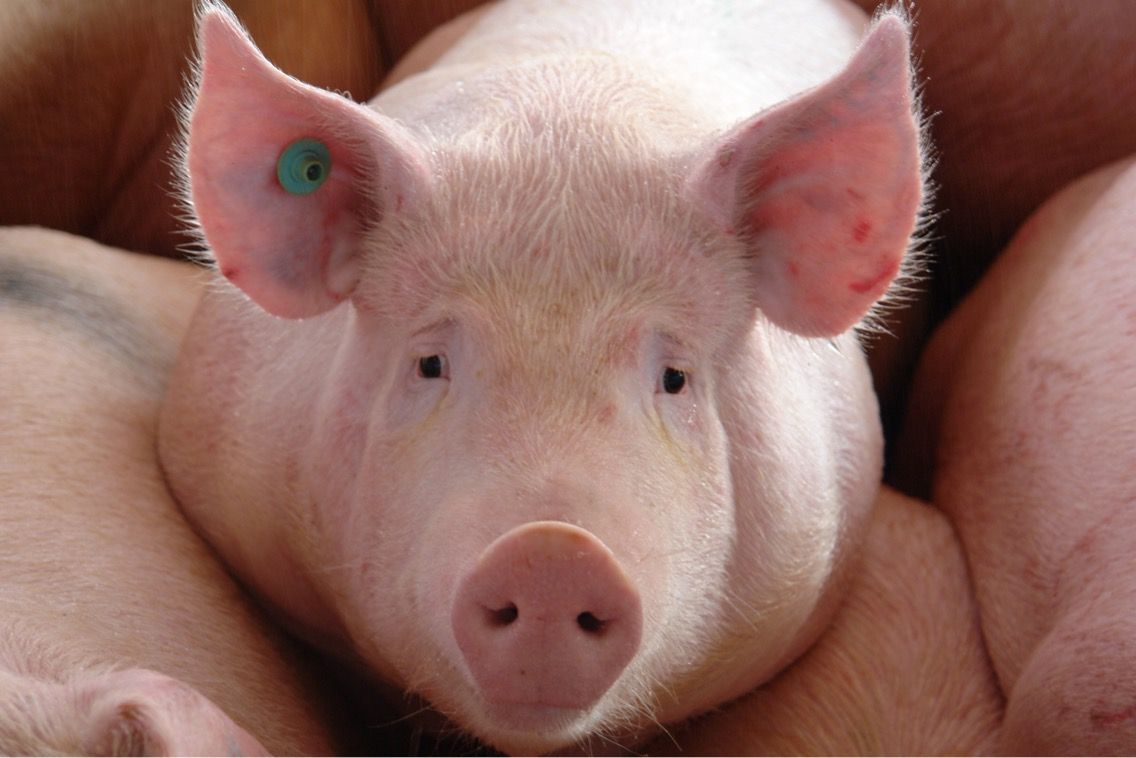Kekén, Mexico‘s largest pork exporter to Japan and a Grupo KUO company, is vertically integrated.
A report released by the Inter-American Development Bank (IDB) described Kekén as a success story as follows in an excerpt.
The company is located in the Merida area of the state of Yucatan and began operations in 1991.
The company’s location responds to two strategic reasons. On the one hand, Yucatán is an area of high pork consumption. On the other hand, the absence of pork production in neighboring states created an isolation that protected producers from the entry of diseases that affected production in other regions of the country.
In the last decade, Kekén has experienced remarkable growth thanks to changes in the business model, incorporating state-of-the-art technology (including climate control in the breeding farms), implementing stricter sanitary controls, and exploring new export markets.
In addition to the growth in the scale of the operation, the company is showing remarkable gains in technical efficiency – such as feed efficiency, mating, offspring per mother per year, mortality rates, etc. – to the level of top U.S. producers.
Scale and efficiency measures in Kekén’s business

Like all other Mexican exporters, Kekén is a vertically integrated company involved in production, processing and marketing.
Kekén
It has its own feed plants, breeding farms and processing plants, as well as sophisticated commercial management. Only fattening services are contracted out to third parties.
Although the genetic material is imported, the company also has genetics farms, which are specialized fattening farms with higher sanitary standards, from which the young mothers come to the breeding farms after being artificially inseminated.
In general, pork is one of the most dynamically demanded agricultural products.
Until recently, Japan has been the main importing country, accounting for about 15% of imports.
No country in Latin America has been more successful in accessing this demanding market than Mexico, the source of about 11% of Japanese imports.
![]()

